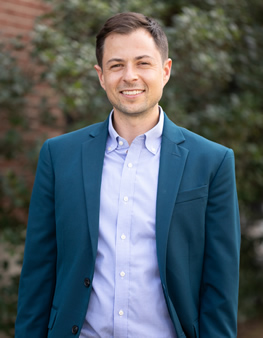Reform Through Resignation: Why Chief Justice Roberts Should Resign (in 2023), 106 IOWA L. REV. ONLINE 16 (2021) [PDF]
The Development and Future of Privacy Law in Maine, 73 ME. L. REV. 216 (2021) [PDF]
Democracy, Deference, and Compromise: Understanding and Reforming Campaign Finance Jurisprudence, 53 LOY. L.A. L. REV. 895 (2020) [PDF]
Contracting Around Citizens United: A Systemic Solution, 66 SYRACUSE L. REV. 301 (2016)

